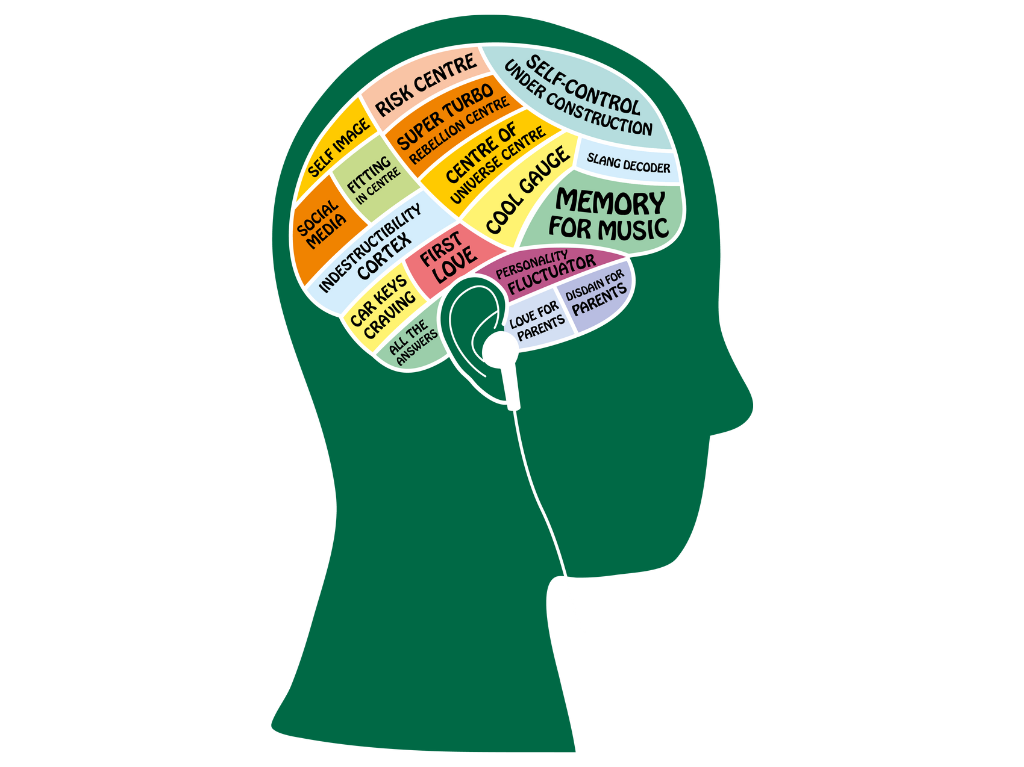premiumtix.net – Adolescence is a pivotal period in human development, marked by significant physical, cognitive, and emotional changes. It is a time of exploration, identity formation, and the development of independence. Understanding the teenage mind is crucial for parents, educators, and anyone involved in the lives of adolescents. This article aims to shed light on the complexities of the teenage mind and offer guidance on how to navigate this transformative phase.
The Physical and Cognitive Changes
Adolescence is characterized by rapid physical growth and sexual maturation. These changes are driven by hormones and can significantly impact teenagers’ emotions and behaviors. Alongside physical changes, adolescents experience significant cognitive development. The prefrontal cortex, responsible for decision-making, impulse control, and understanding the consequences of actions, continues to develop into the early twenties. This ongoing development can lead to risk-taking behaviors and a sense of invulnerability, often referred to as the “teenage brain gap.”
Emotional and Social Development
Emotionally, teenagers are navigating a complex landscape. They are more aware of their emotions and those of others, yet they may struggle to manage these feelings. Peer relationships become increasingly important, and the desire for acceptance can lead to conformity and sensitivity to social rejection. Identity formation is a central task of adolescence, as teenagers explore who they are and who they want to become. This exploration can manifest in changes in appearance, interests, and values.
Navigating Adolescence: Tips for Parents and Educators
- Open Communication: Foster an environment where teenagers feel comfortable expressing their thoughts and feelings. Listen actively and validate their experiences, even when you disagree.
- Set Clear Boundaries: While it’s important to allow teenagers to experience independence, clear boundaries and consistent consequences are essential. This helps them understand the limits and encourages responsible decision-making.
- Encourage Healthy Risk-Taking: Channel teenagers’ desire for adventure into positive activities. Encourage them to try new hobbies, join clubs, or engage in community service. This can satisfy their need for excitement while promoting personal growth.
- Support Their Interests: Show interest in what matters to your teenager, whether it’s music, sports, or art. This not only strengthens your relationship but also helps you understand their world better.
- Promote Mental Health: Encourage healthy coping mechanisms for stress and emotions. If necessary, don’t hesitate to seek professional help for mental health issues. Early intervention can make a significant difference.
- Model Positive Behavior: Teenagers learn a lot by observing the adults around them. Model the behavior you want to see in them, such as kindness, resilience, and responsibility.
Conclusion
Navigating adolescence is a challenging yet rewarding journey for both teenagers and the adults in their lives. By understanding the unique aspects of the teenage mind and employing supportive strategies, parents and educators can help adolescents thrive during this critical phase of their lives. Remember, every teenager is unique, and what works for one may not work for another. The key is to remain patient, supportive, and open to learning alongside them as they navigate the complexities of growing up.
